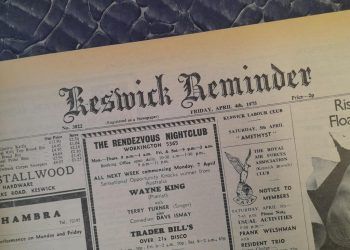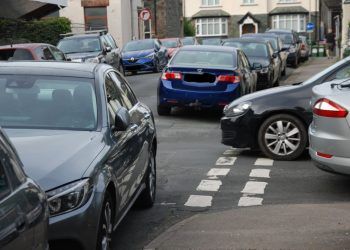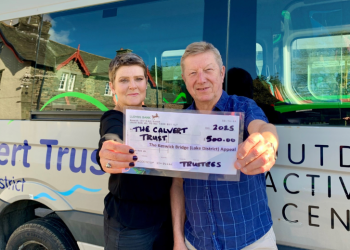Visitors ranging from campers to holiday home-owners who are returning to the Lake District to stay overnight in breach of current lockdown rules are jeopardising the health of local residents, the mayor of Keswick is warning.
Cllr Paul Titley’s comments came after police issued many wild campers with £100 fines last weekend, including a group near Hawes End at Derwentwater who were reported to have abused local people after being challenged about their stay. The campers were eventually moved on by police at 11pm on Saturday but not before they had used the area as a “dumping ground.”
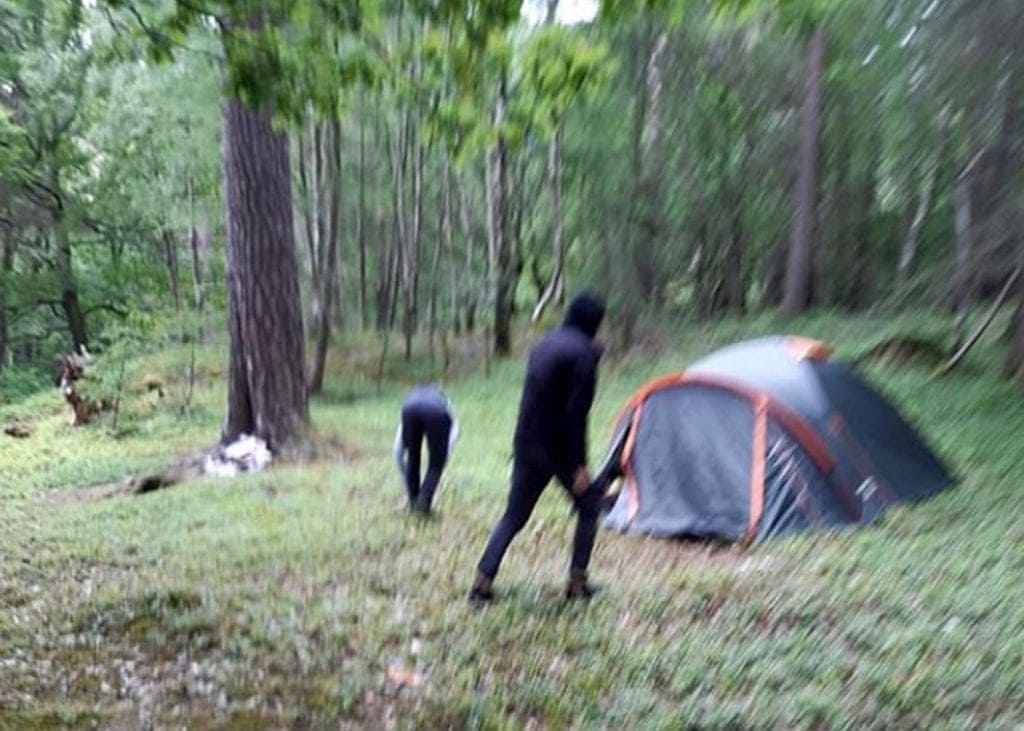
Better weather the previous weekend had brought much larger numbers of visitors back to the Lake District for the first time since lockdown was partially lifted, allowing people to travel. More than 200 overnight campers were found on islands, shores, mountains and car parks in the national park despite Cumbria Police’s “We Will Find You And Fine You” warning, along with large numbers of camp fires and barbecues.
It also led to 138 bags of litter being collected from the Lake District by national park staff compared to the usual weekly total of 10, excluding litter left in bins. Worse still, more than 100 pieces of human waste had to be disposed of from car parks, many with public toilets open.
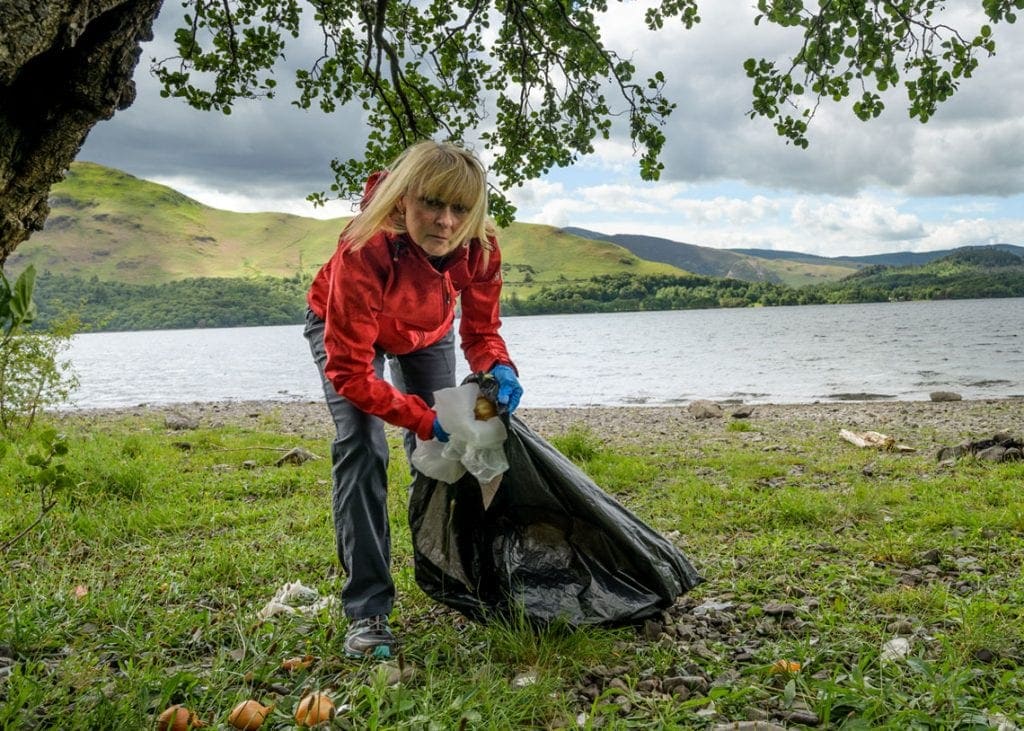
Condemning those who either “can’t wait or just ignore the rules,” Cllr Titley said: “The lockdown rules are there to protect all of us but it is apparent that some visitors are starting to take holidays here and are staying overnight in second homes, self-catering accommodation, and camping. This is not yet permitted and threatens to undo the last 12 weeks of lockdown that has brought the outbreak down to low levels. It is not fair on our rural communities who are still adhering to the guidelines and suffering financial and personal hardships because of the lockdown.
“I am assured by the police that reports made to them via 101 are being followed up and will continue to be followed up until the rules are relaxed further. Many £100 fines have already been applied. The litter left behind is particularly appalling and the barbecues lit by them – and others – create an immediate fire risk and a persistent danger to livestock and other animals when left abandoned.”
He said the 138 bags of litter was a “disgraceful testament to the scale of the problem,” adding: “Soon Keswick and the Lakes will be delighted to welcome back all visitors. We are not sure exactly when but certainly not before 4th July and only after we have received the government guidance on overnight stays.”
His view was shared by town council colleague Cllr Tony Lywood, Keswick’s representative on Cumbria County Council. Cllr Lywood said: “Once again this weekend has been a trying time for locals, the police and the Lake District national park patrols. Camping at present is illegal and subject to a £100 fine but we had some rough campers who abused local passers-by who challenged them and seemed to use the area they were in near to Hawse End as a dumping ground.
“Cumbria now has one of the highest levels of covid in the country and I ask all visitors to refrain from trying to stay overnight. We love our visitors but I ask them all to respect our fells and treat our locals with the respect they would give to people in their own locality.”
Lockdown has created a reverse environment across the Lake District, with town centres still largely deserted because most shops remain closed, while the fells and particularly lakes and rivers are attracting large crowds. “Anywhere with access to water was rammed,” said a report by the Lake District National Park Authority on the last weekend in May. “Our lake rangers report that at one point they estimate over 3,000 people in Coniston Water,” the report added.
Littering has now got so bad that the LDNPA is considering introducing an anti-litter campaign and new signage as well as providing temporary bins. Regarding “inappropriate toileting”, it is also considering working with Forestry England, National Trust, United Utilities and Cumbria Police to issue messages as part of a “shame the behaviour” campaign.


